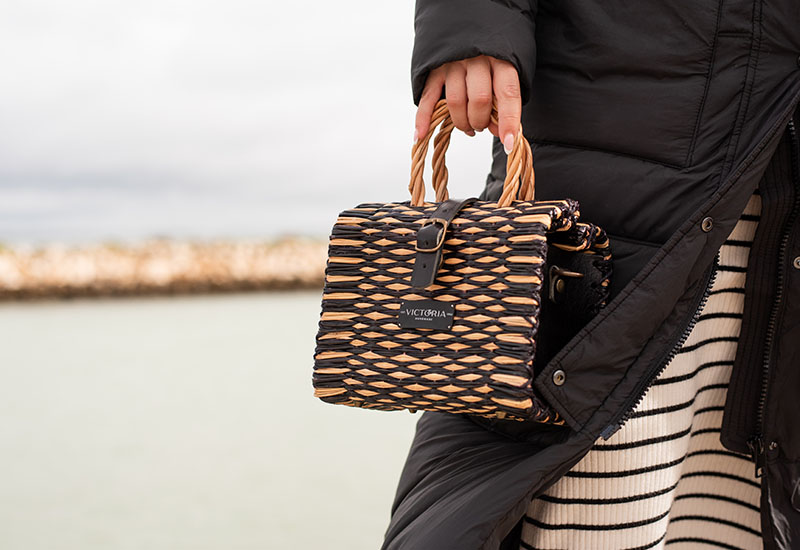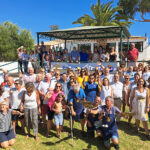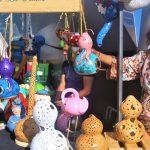At Mar d’Estórias, we’re fortunate to know visionary women who delight us with innovative ideas and products. In the month celebrating International Women’s Day, we not only recall the strength and determination of women throughout history but also the inspiring influence of the entrepreneurs around us.
Until the 19th century, a woman’s role was mostly confined to the domestic sphere or religious life in convents. Few wielded influence in society, with notable exceptions like the Marquesa de Alorna, a distinguished Portuguese aristocrat and writer who gained prominence before 1900.
In Portugal, women were no longer obligated to obey men in 1910 and, by 1931, those with higher education could finally vote. The three Marias (Maria Isabel Barreno, Maria Teresa Horta and Maria Velho da Costa) stood out in Portugal for their advocacy of women’s rights. Together, they authored the controversial book, As Novas Cartas Portuguesas, which was banned after just three days. It was a response to Mariana Alcoforado’s famous Cartas Portuguesas and depicted women’s conditions during the Estado Novo.
Nowadays, the reality for Portuguese women is different, exemplified by the various partners of Mar d’Estórias. They manage their businesses with the courage of their ancestors and hope for a promising future.
Esperança, from Victoria Handmade, is one such partner, choosing to revive a family craft of over 70 years and breathing new life into traditional reed baskets. Initially led by her father, Esperança now intricately weaves this local herb herself. The work requires physical strength and a touch of sensitivity to turn this craft into something genuinely beautiful.
The reed bags produced by Victoria Handmade are now available in different corners of the globe. It’s remarkable to witness the success achieved by a woman in turning something that was once an obligation for her livelihood into a genuine passion.
Another notable craftswoman is Mizette Nielsen, who dedicated 45 years to the Fábrica de Mantas Alentejanas in Reguengos de Monsaraz. After rescuing this forgotten factory in the Alentejo in 1977, she preserved an old piece of Portuguese cultural history, including the looms and centuries-old blankets. She kept alive old regional weaver patterns (mantas), re-interpreting them in new colours and variations for textile manufacturing. She is known to be the keeper and godmother of the many original patterns and now supplies products to Japanese brand Kenzo. The New York Times listed her factory as one of the three original wool handcrafts still existing in Europe.
In the month dedicated to International Women’s Day, it’s meaningful to reflect from notable figures of the past to contemporary entrepreneurs like Esperança and Mizette. Today, we witness the resilience of Portuguese women and the legacy of courage and hope driving a promising future.
The products of these brands, led by women, can be found at Mar d’Estórias.
Rua Silva Lopes, Nº 30, 8600-623 Lagos













